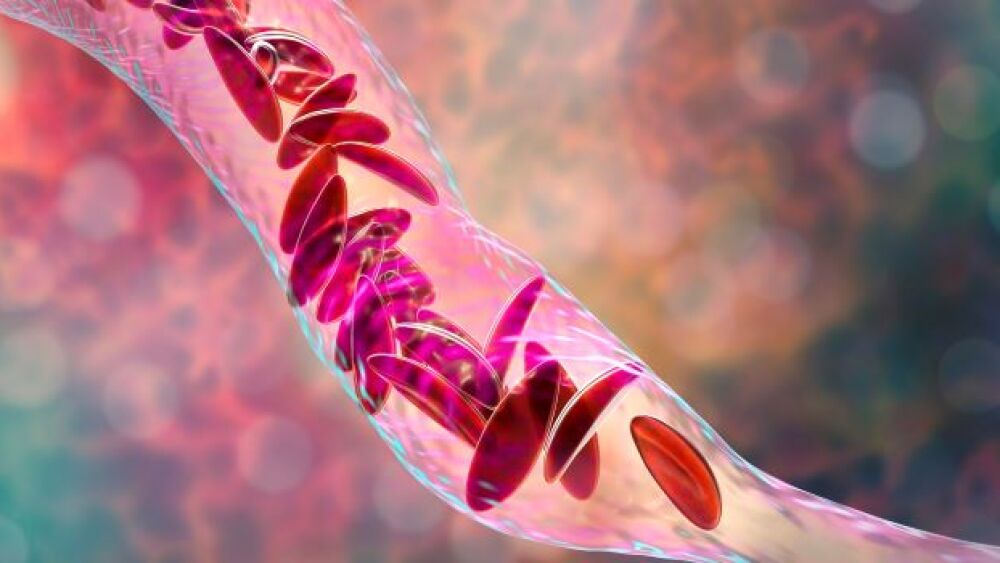The hits kept coming for the sickle cell disease space last week as the FDA placed a full clinical hold on Fulcrum Therapeutics’ Investigational New Drug application FTX-6058.
Courtesy of Getty Images
The FDA placed a full clinical hold on Fulcrum Therapeutics’ Investigational New Drug application for its sickle cell disease (SCD) hopeful FTX-6058, the company announced Friday.
In line with the FDA’s order issued verbally Thursday, Fulcrum will suspend the dosing of all patients in the Phase Ib trial of the candidate. The regulator is expected to issue a formal Clinical Hold Letter within 30 days.
The FDA cited “previously reported preclinical data” as the reason for the hold.
In a statement, Robert Gould, Ph.D., interim president and CEO of Fulcrum, said, “patient safety remains paramount to me.”
The company will work with the FDA to quickly resolve the hold.
“Fulcrum intends to address questions related to modulation of the PRC2 complex and the preclinical data,” Gould said.
Identified using Fulcrum’s proprietary discovery platform, FTX-6058 is an oral small molecule inhibitor of the Embryonic Ectoderm Development (EED), a subunit of the PRC2 protein complex, which plays a crucial role in human development. Fulcrum has demonstrated that targeting EED with FTX-6058 leads to an increase in fetal hemoglobin levels.
In August 2021, interim data from a Phase I, multiple-ascending dose study of FTX-60589 showed “proof of biology” in healthy adults, demonstrating dose-proportional increases in immature red blood cells carrying fetal hemoglobin.
SCD Trips Up the Industry
The hits just kept coming last week for the Sickle Cell space. On Thursday, Graphite Bio dropped its SCD program nulabeglogene autogedtemcel (nula-cel) after putting the trial on hold in January due to a serious adverse event likely related to the drug.
The same day, Novartis ditched its ex vivo SCD program with Intellia Therapeutics.
In January, the Swiss multinational’s approved SCD therapeutic Adakveo (crizanlizumab) failed its Phase III trial. Novartis is working with regulators to determine the next steps for Adakevo.
On Wednesday, Sangamo Therapeutics revealed in its full-year financial results that it would “halt further material investment” into its SCD program BIVV003 after it completes its Phase I/II study. Instead, the company will look for partners to take BIVV003 into Phase III.
Safety appears to be a significant stumbling block for SCD drug discovery, especially for those developing gene-based therapies.
In December 2021, bluebird bio’s SCD candidate lovotibeglogene autotemcel was placed under partial suspension after a patient receiving the gene therapy developed transfusion-dependent anemia. The FDA lifted this hold a year later, in December 2022.
Still, despite the difficulties in the field, some companies have notched big wins.
Vertex Pharmaceuticals, with its partner CRISPR Therapeutics, is anticipating the launch of exagamglogene autotemcel, a potent one-time treatment for SCD. The FDA granted an exa-cell rolling review in September 2022, which the pharma partners expect to finish in the first quarter of 2023.






